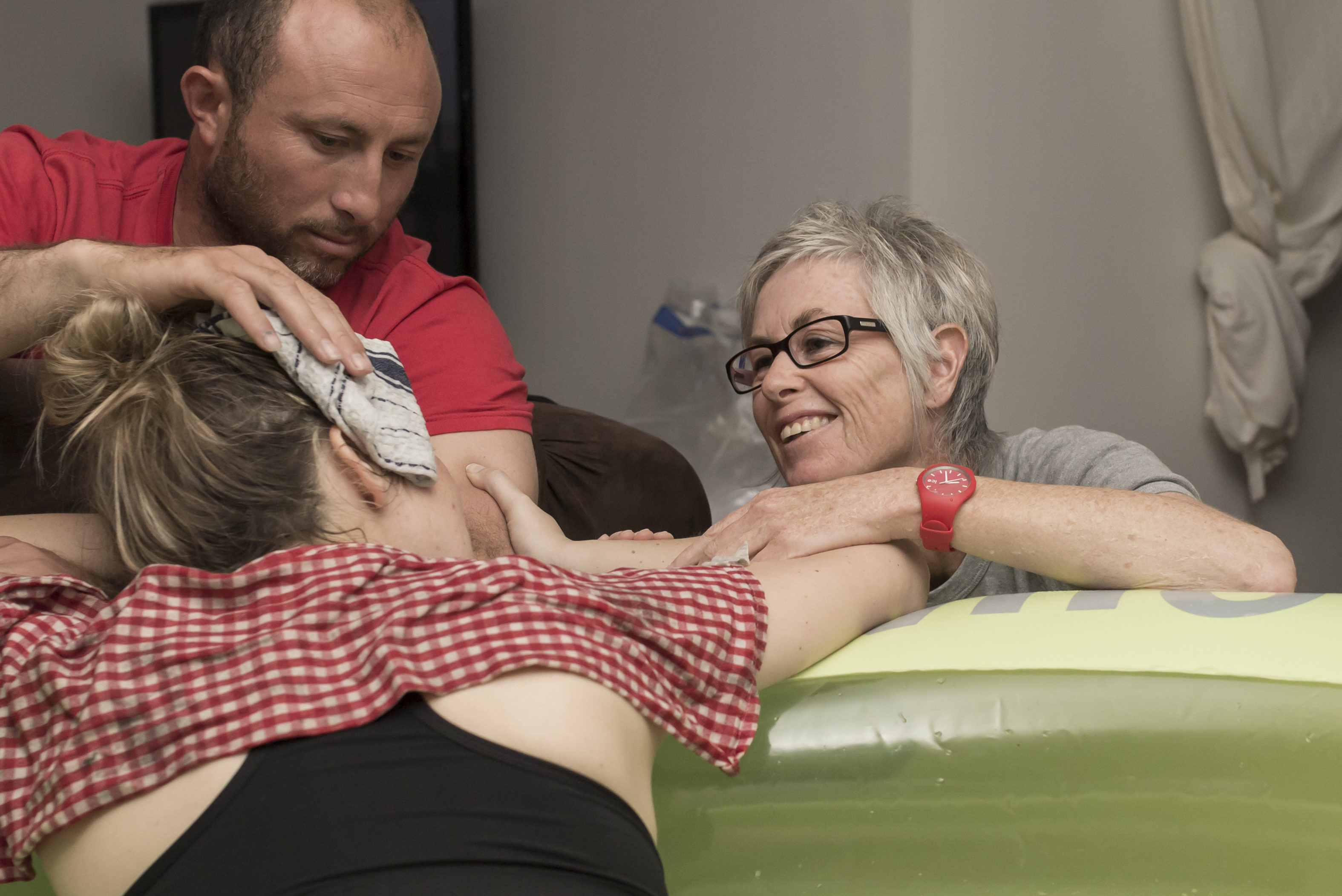Birth is a biological, significant and life affirming experience. At approximately the 40th week of pregnancy the baby and the placenta (afterbirth) will be born. Every woman is different, and some pregnant women look forward to labour and birth while others may be anxious and fearful of the unknown. An unexpected previous experience or difficult birth may mean that a woman approaches birth with a degree of anxiety. This anxiety may also be due to a difficult beginning to breastfeeding after birth. Talking to the midwife about any concerns can help. Going over the previous experiences with the midwife as a debriefing exercise can help women make sense of what happened and in doing so, anxiety may be reduced. Antenatal classes are also good places to ask questions and learn about preparation for labour and birth. Having a tour of the birth facility and getting to know the environment before labour starts can also help reduce stress. Knowing what helps birth stay normal (intervention-free) is important – this includes continuity of midwifery care, continuous support from a loved one or loved ones, spontaneous labour, active labour, upright positions, immersion in water, following the body’s urges to push, mother-baby skin to skin contact after birth, and keeping mothers and babies together.
Being prepared means different things to different women. For some it is about reading books about labour, birth, and breastfeeding, exercising, watching birth videos, breathing exercises, hypnobirthing books and courses and attending group classes. For others it may also be about talking to family and friends, doing yoga, relaxation, and mindfulness exercises, focusing on nutrition, reading positive stories about birth, and avoiding the birth ‘horror’ stories that are on the internet. Ultimately, it’s about what individual women need to do to empower themselves with culturally appropriate knowledge that works for them, and which enables them to approach labour and birth with confidence. Informed consent, and women being aware of all the options available are essential components of midwifery philosophy. Midwives can support their clients with access to good evidence-based information sources, advice about complementary therapies and courses that can be helpful. A birth plan helps communicate the decisions a woman has made about what she wants for her labour.
